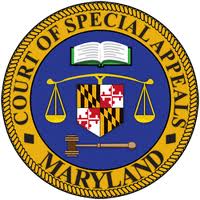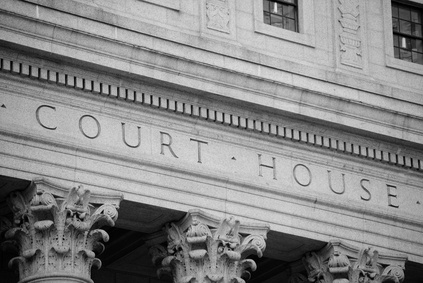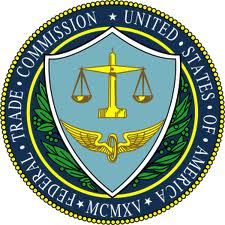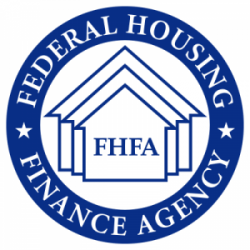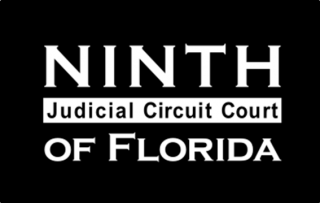The Maryland Court of Special Appeals recently held that a borrower could not maintain a lawsuit asserting federal Fair Debt Collection Practices Act and other related state-law claims because those claims were barred by collateral estoppel due to litigation in a prior collection action. In so ruling, the Court held that the doctrine of res judicata did not necessarily bar the borrower from narrowly attacking the means used to collect the debt under the FDCPA and state law, rather than attacking the validity of the debt itself, because the FDCPA and related state-law allegations gave rise to new and different…
Posts published in July 2015
The Eleventh Circuit Court of Appeals recently handed down a decision that went too far in holding that all litigation related activity is subject to the FDCPA. The decision in Miljkovic v. Shafritz & Dinkin, P.A., et al., is available here. In pursuing their client’s judgment, an attorney and law firm obtained a garnishment against Nedzad Miljkovic. Miljkovic filed a claim for exemption in response, which the creditor, through its attorneys, disputed in a sworn reply. However, the writ was eventually dissolved on the creditor’s attorney’s motion after Miljkovic provided discovery showing that his wages were exempt from garnishment under section 222.11(2), Florida Statutes. Miljkovic Sues…
The U.S. Court of Appeals for the Eleventh Circuit recently held that the FDCPA applies to litigation activity, even when the debt collector’s conduct is directed at someone other than the consumer, such as the court or the debtor’s counsel. A copy of the opinion is available at: Link to Opinion. A creditor obtained a money judgment against a debtor, and then sought and obtained a continuing writ of garnishment on the debtor’s wages in order to collect the debt. In response, the debtor filed a claim of exemption, which the creditor disputed in a sworn reply. However, the writ…
The FCC’s much anticipated TCPA rulings were released this past Friday. On Friday, July 17, our panel of esteemed TCPA attorneys – both plaintiff’s and defense – will give you a first look at how the rulings will drive TCPA litigation, from both the plaintiff’s and defense perspective. I expect to hear some interesting debate. Here are the salient issues we will cover: Dialer Technology What do the rulings say about predictive dialers, preview dialers and future dialing technology? What does the FCC mean what it talks about “capacity” and “calling from a list of numbers?” Can you ever be certain…
The Federal Communications Commission has issued its Declaratory Ruling and Order FCC 15-72 addressing more than 20 requests for clarification or other action relating to various issues under the TCPA. One of the dissenting Commissioners Ajit Pai noted that, “[r]ather than focus on the illegal telemarketing calls that consumers really care about, the Order twists the law’s words even further to target useful communications between legitimate businesses and their customers. This Order will make abuse of the TCPA much, much easier. And the primary beneficiaries will be trial lawyers, not the American public.” A copy of the Order is available…
The operators of a fraudulent debt collecting scheme have settled Federal Trade Commission charges against them by agreeing to be banned from the debt collection business and telemarketing. The defendants were named in an FTC complaint last year, which alleged that they collected millions of dollars from Spanish-speaking consumers throughout the country by demanding they pay non-existent debts. The various companies and individuals were said to have been threatening their victims with lawsuits and arrest and immigration status investigations if they did not agree to make payments on the falsified debts. The settlement orders that the fraudulent company and related…
Maine has amended its statute regulating debt collection while bills regarding debt collection are pending in other states. Here’s a breakdown of Maine’s amendments: Written or Court Entered Settlement and Payment Agreements Settlement agreements must be in a writing or entered in “open court” or “approved by the court and included in a court order.” For settlement agreements that are not made in open court or in a court order, the debt collector must “provide” a copy of the written settlement agreement to the debtor within 10 days of the agreement being made. A debtor is not required to make…
The U.S. Court of Appeals for the Eighth Circuit recently affirmed the dismissal of a debtor’s federal Fair Debt Collection Practices Act (FDCPA), federal Fair Credit Reporting Act (FCRA), and state law claims where a debt collector for a major bank pulled the debtor’s credit report and served a garnishment summons after the debtor allegedly had sent a cease-and-desist letter to the debt collector. In so ruling, the Court confirmed that: (1) a debt collector may pull a debtor’s credit report for collection purposes, and that the debt collector did not need to notify the debtor before reviewing such information;…
The U.S. District Court for the District of Nevada recently held that the federal Housing Economic Recovery Act of 2008 (HERA) requires super-priority lien holders to obtain consent from the Federal Housing Finance Agency (FHFA) prior to foreclosing on any liens on properties where the FHFA is acting as conservator. A copy of the opinion is available at: Link to Opinion. In 2007, two borrowers obtained a $105,700 loan on a property located in Las Vegas that was secured by a Deed of Trust on the property. The property was also part of a homeowners association (HOA) and subject to…
The Ninth Judicial Circuit Court of Florida recently granted summary judgment to an insured against a title insurer after the title insurer failed to except a title defect from coverage under a policy. In so ruling, the Court held that breaching a policy of title insurance exposes the title company to extra-contractual liability beyond the policy’s limits. A copy of the opinion is available here: Link to Opinion. In this case, the insured had purchased 253 acres of property in Florida. The title insurer issued a policy that failed to note a recorded mobile home plat that appeared to cover…
A bill before the U.S. Senate would make commercial robocalls a federal crime, exacting up to a $20,000 fine and a prison sentence of up to 10 years. Introduced on June 25 by Sen. Chuck Schumer (D-NY), S. 1681 would criminalize the use of an automatic telephone dialing system or an artificial or prerecorded voice for calls made “for the purpose of soliciting or encouraging the purchase or rental of, or investment or enrollment in, property, goods, or services,” unless the caller obtained the “prior express written consent” of the recipient of the call. The proposed QUIET Act is nearly identical to…
The Appellate Court of Illinois, Third District, recently affirmed a grant of summary judgment of foreclosure in favor of a mortgagee in spite of an inconsistency between the copy of the note attached to the complaint and the note introduced into evidence. A copy of the opinion is available at: Link to Opinion. The foreclosing plaintiff mortgagee originally attached to its complaint a note that had a stamp stating it was a “true and correct copy of the original.” This copy of the note did not have any indorsement. However, at summary judgment, the plaintiff introduced the original note. Unlike…

